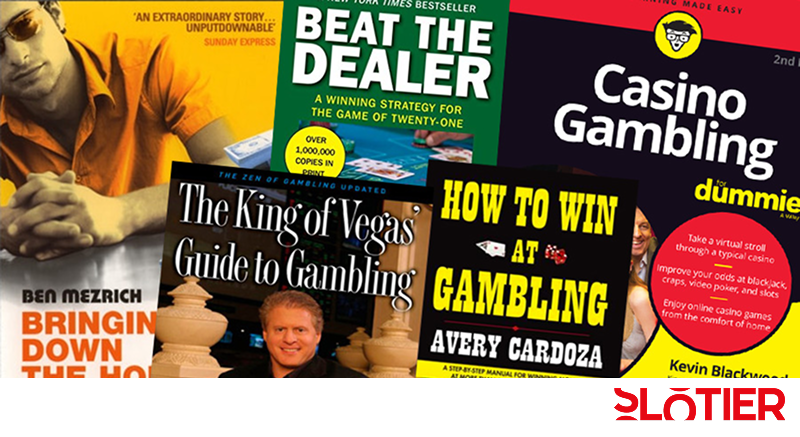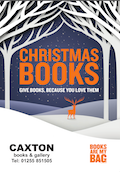Where to Find Books About Casinos Poker and the Lives of Professional Gamblers

In different eras, gambling has become a reflection of the zeitgeist. Previously, the player was represented behind a green cloth in a noisy room, but today they are increasingly sitting in front of the screen, participating in an online casino in Canada or abroad. And although the format has changed, the essence remains — an interest in risk, calculation, luck. Literature has always been sensitive to such themes and turned them into stories.
Excitement in the Classics: Passion, Choice, Fall
Dostoevsky did not write about free spins, but The Gambler still reads like an accurate map of the inner world of a gambling man. It's not based on gambling debt, but on psychological debt. The player cannot stop, even when he realizes the absurdity of what is happening. This view is still relevant today: the offline or online casino experience may be different, but the emotional logic often repeats itself. Stefan Zweig or Thomas Mann show the same motifs: gambling as a mirror of desires and weaknesses.
Modern Books About Poker, Casinos, and the People Inside the System
In the new literature, gambling themes have moved from novels to reports and biographies. Molly’s Game is a story about underground celebrity poker games where the stakes are reputation and control. In The Biggest Game in Town, Alvarez watches a poker tournament in Las Vegas and describes the players as modern philosophers — only without abstractions, with chips and bluffing.
These books are interesting not for how someone won a million, but for how they got there — through mistakes, strategies, and personal choices. They do not explain how to play at an online casino, but they show what is behind the decision to sit down at the table.
How Bonuses and Offers Work in Online Casinos

Modern iGaming is not only about slots and roulette. It's also a bonus ecosystem where it's important to be able to navigate. Conventionally, if the player used to read their opponent’s emotions, now they read the "Promotion Rules" section.
Platforms like Slotier Casino offer online casino bonuses: welcome packages, free spins, and no deposit offers. But the real game begins when the player can distinguish between types of bonuses, understand what a wager is, and not lose control. In this sense, a certain literacy is required — just like when reading a good book.
Literature as a Distance and a Way of Thinking
The literary plot creates a safe zone: we observe gambling from the outside. This is especially valuable against the background of the growing interest in online casinos in Canada and in other countries. The stories help not to romanticize addiction, but to explore what is happening inside — why one player quits the game after the first loss, and another doubles the bet on the last money.
Such texts work like a mirror. The reader can see familiar emotions and ask themselves questions. This is especially true for those who are familiar with online games or take part in promotions across gaming platforms.
Conclusion
Books describing gambling don't provide answers. They suggest thinking about it. Whether it's classics or modern stories about Slotier Casino, the focus is always on the person — their decisions, their inner rhythm.
When talking about gambling, it is important to understand not only the rules of a particular game, but also your own boundaries. Literature helps explore them: without judgment, without instructions. It also shows that sometimes the best choice is to close the book and go outside, even if there is a big win at stake.
It is this perspective that makes the conversation about gambling in literature especially valuable in the era of online entertainment, bonuses, and digital risk.
.




